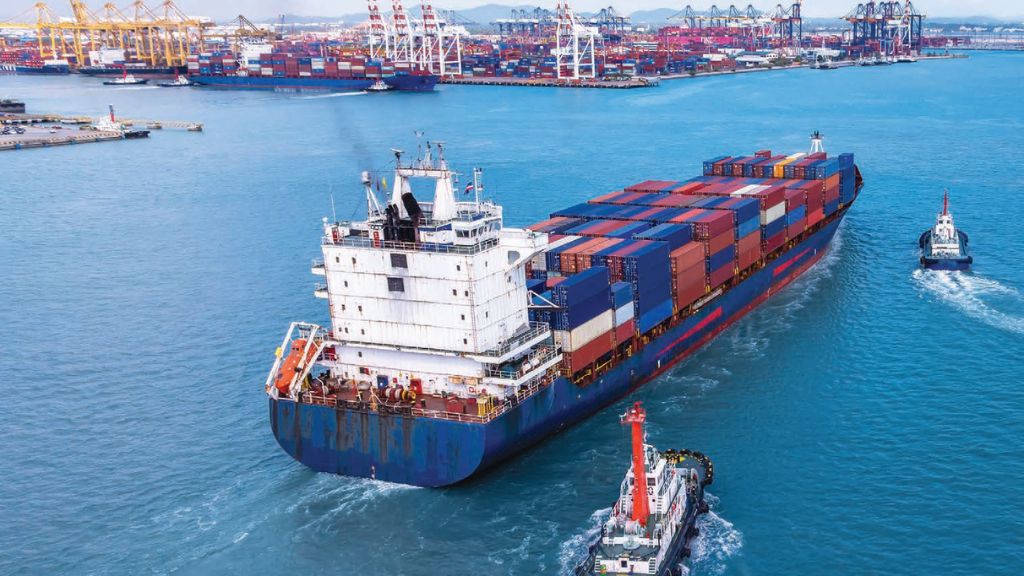Caribbean leaders are being called upon to implement a ‘blue tax’ on ships utilizing the region’s ports, with the revenue directed into a Caricom fund aimed at safeguarding fragile marine ecosystems. This proposal emerged during a panel discussion on sustainable shipping at the Caribbean Maritime University Industry Conference, where concerns were raised about cruise lines and foreign shippers profiting while Caribbean waters bear the environmental brunt. Devant Maharaj, Director of Professional Services at ECO Canada and former Trinidad and Tobago transport minister, emphasized the urgency of the issue. ‘Rather than encouraging more cruise ships to dump waste into our seas, we should impose a blue tax,’ he stated. ‘This fund should be managed collectively by Caricom to ensure it is used for marine protection rather than diverted to local projects like road repairs or school construction.’ Maharaj highlighted alarming statistics: 795,000 tonnes of raw sewage and eight tonnes of garbage are dumped into Caribbean waters weekly, with 85% of untreated sewage from cruise liners being released into the ocean. Despite these environmental hazards, individual islands continue to court cruise ships for economic gain. The discussion also addressed the Caribbean’s significant role in global shipping, with logistics strategist Dr. Eric Deans noting that the region accounts for nearly 20% of the world’s shipping tonnage through flags of convenience. However, he warned that the region often forfeits its leverage by ceding port control to foreign operators. Radcliffe Spence, a lecturer in shipping and logistics, criticized Jamaica’s Kingston Freeport Terminal concession for lacking sustainability provisions, contrasting it with efforts in Barbados and Antigua, which are investing in renewable energy for port operations. Meanwhile, private companies like Campari Group Jamaica are stepping up, embedding sustainability into their procurement strategies and influencing carrier practices. Maharaj stressed the need for political unity and a broader definition of sustainability encompassing environmental, social, and economic dimensions. ‘True sustainability requires breaking the shackles of colonialism and achieving economic self-sufficiency,’ he concluded.
